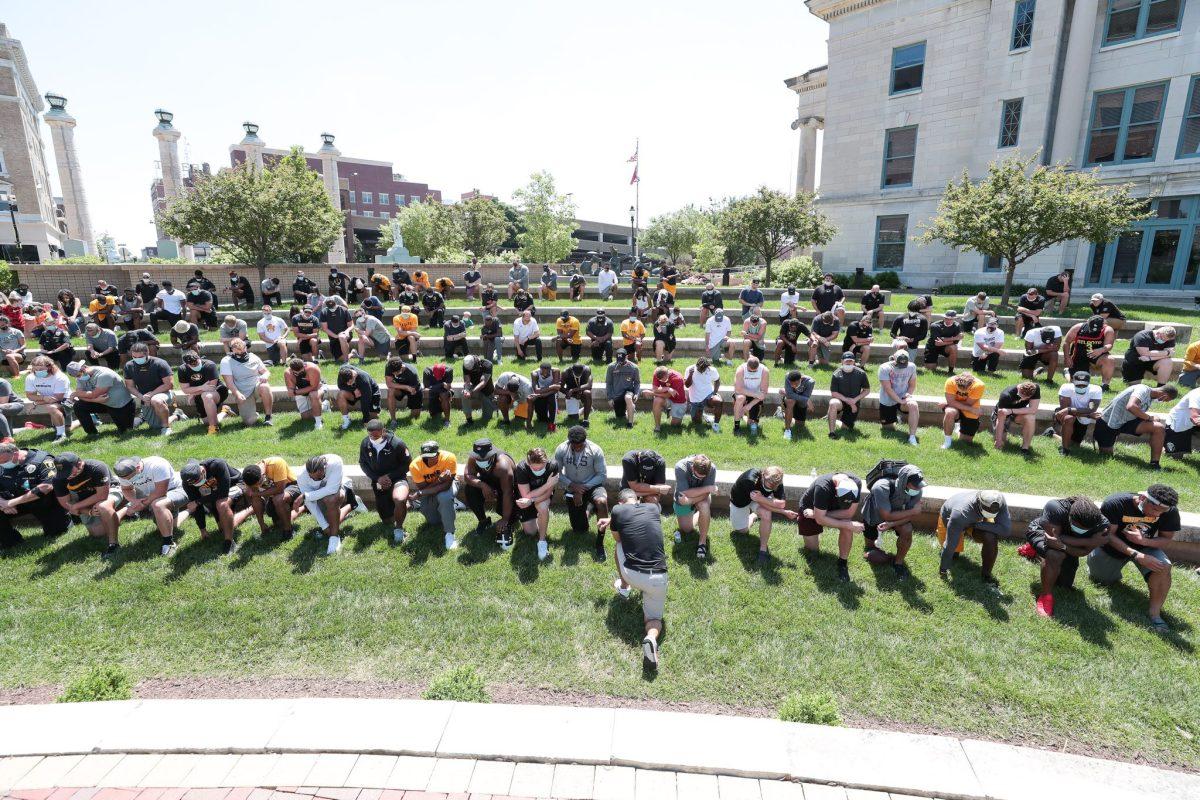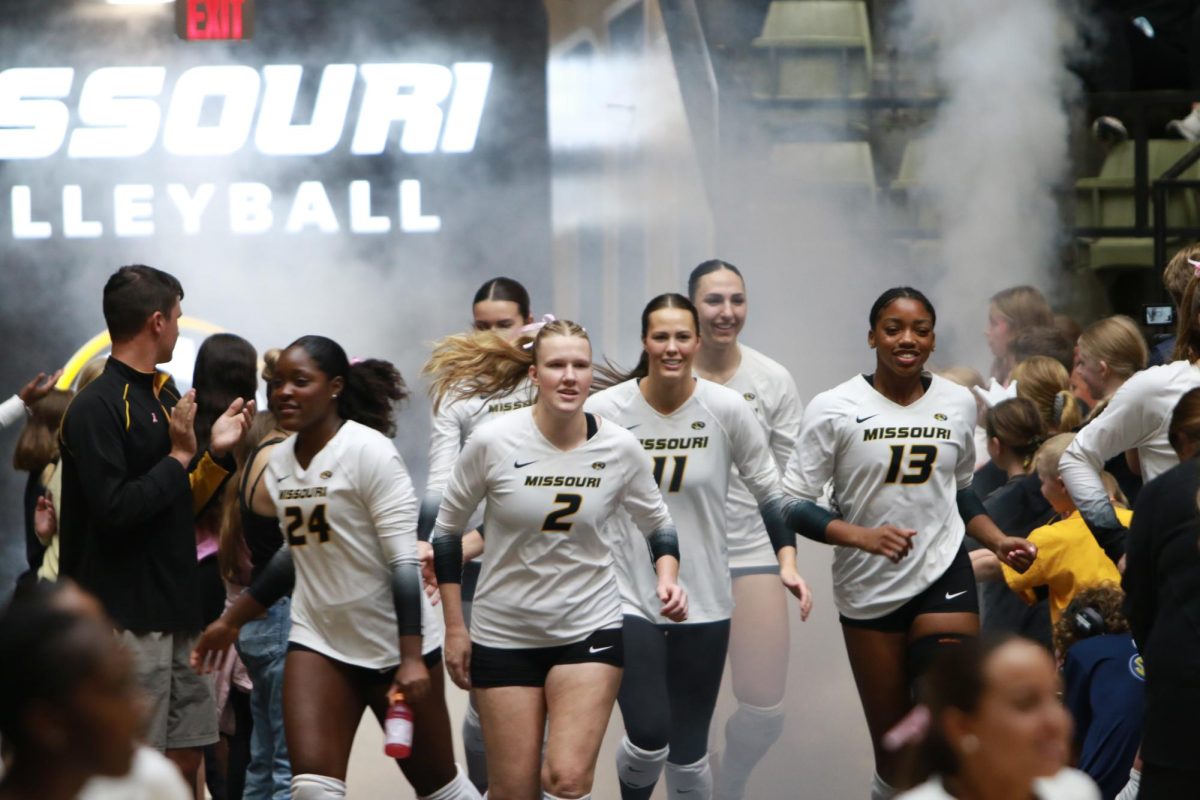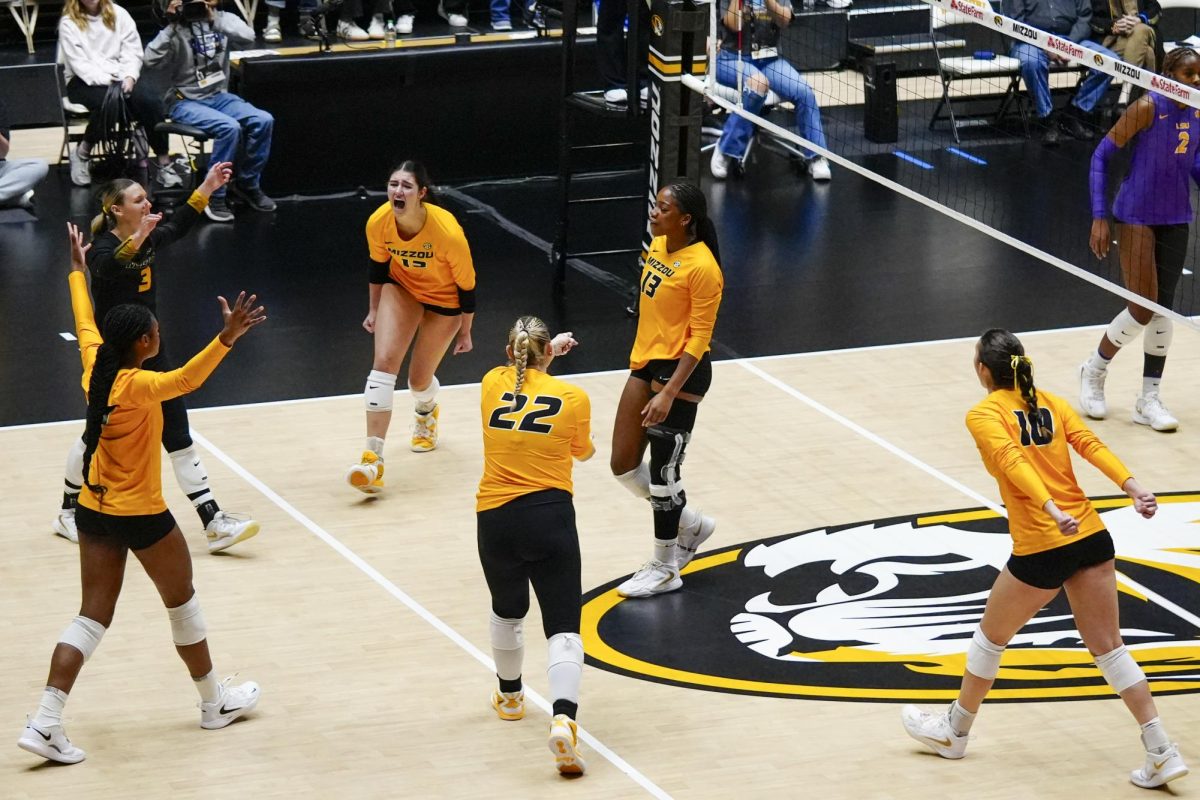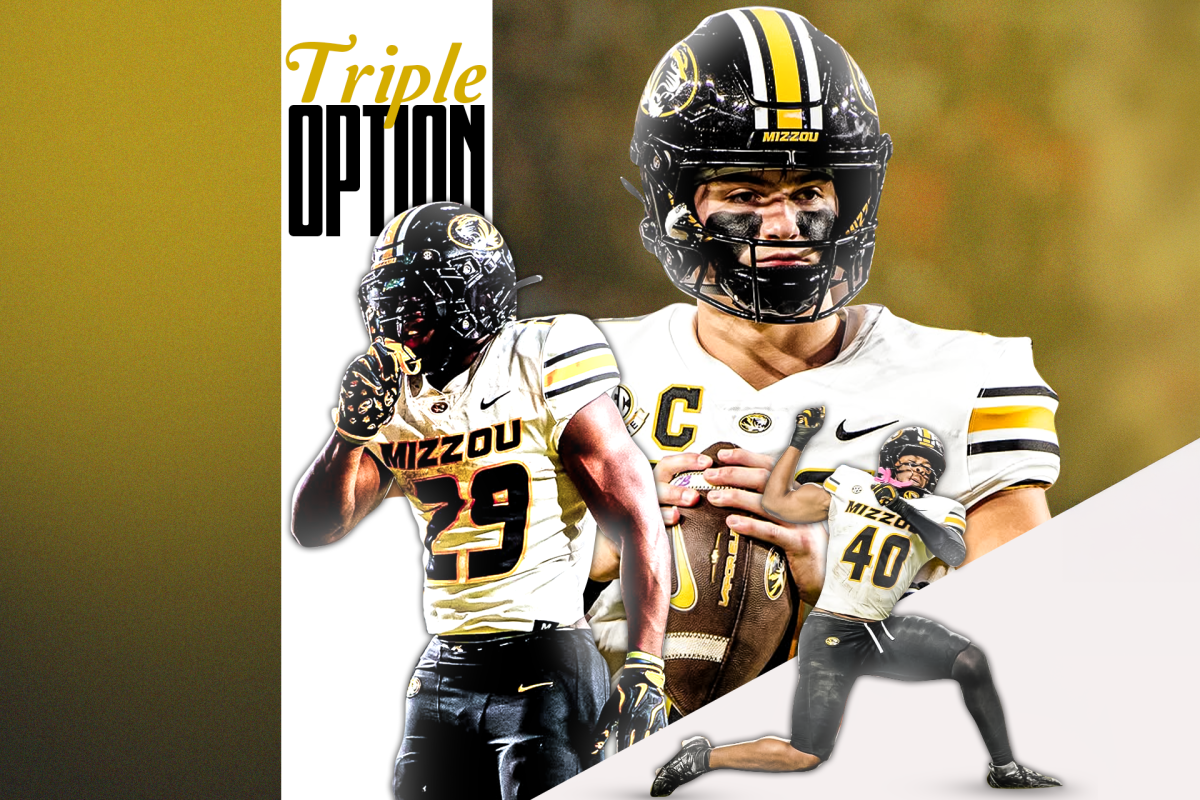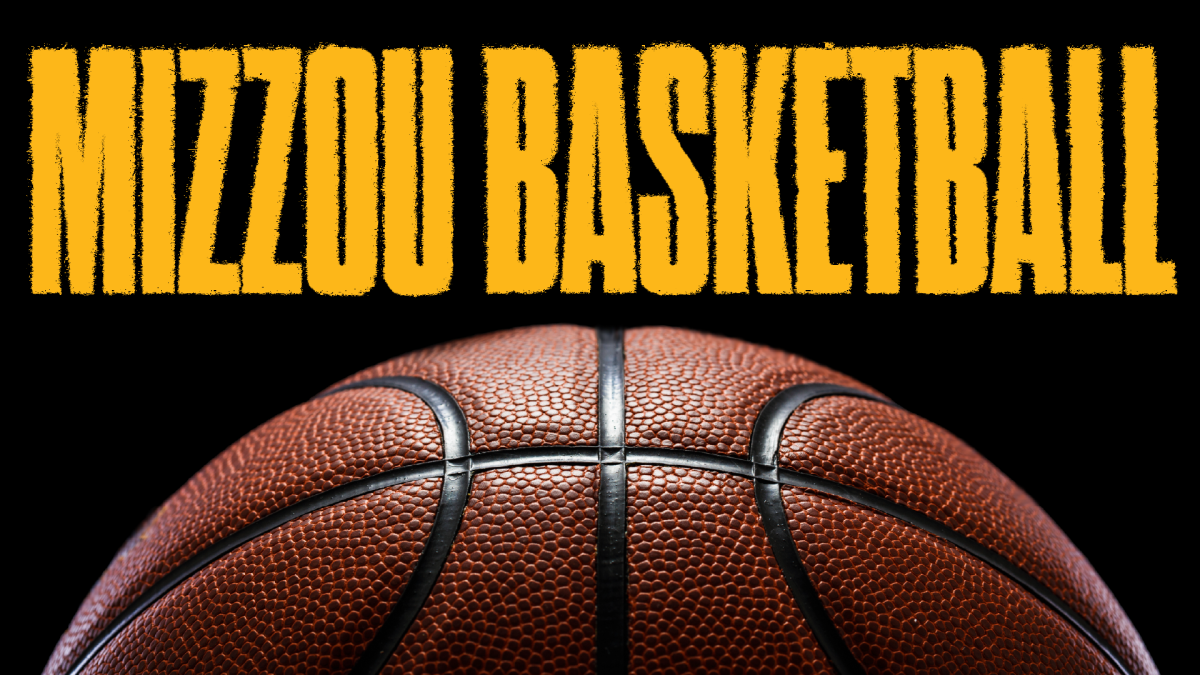Cliches dominate the sports world.
They’re the incomprehensible insider language of sport, easy ways to dismiss something that’s hard or uncomfortable to reckon with publicly.
Most are laughable, like giving 110 — or even better, 1000 — percent. Some cliches, though, are an insult to the world they represent. There’s one that comes to mind:
Stick to sports.
It’s the idea that athletes and coaches have an obligation to stay within the confines of a TV screen or patch of artificial turf, to serve as little more than a distraction, to shut up and play.
It’s easier to demand athletes stick to sports than it is to reckon with their humanity, easier to think an athlete is a brightly colored shirt emblazoned with a logo and number than another person.
There’s no other profession we would make out to be the source of a person’s identity.
“Before I am an athlete, I am Black,” wrote Missouri women’s basketball sophomore Aijha Blackwell on Twitter last week in a necessary reminder of social hierarchy.
Thankfully, Blackwell has been joined by a multitude of Missouri student-athletes and coaches over the last week in disproving any value of sticking to sports.
There are barely any sports to stick to these days, and even if there were, they pale in gravity to George Floyd dying with a police officer’s knee on his neck and the protests regarding police brutality and racism that have swept the nation for the last two weeks.
That’s something that has been clearly grasped across MU’s athletic department.
Blackwell’s teammate, fellow sophomore Hayley Frank, posted a several hundred-word letter on Twitter with the caption “Dear White People.” She acknowledged the overwhelming lack of diversity she experienced during her small-town upbringing and urged others like her to educate themselves on their privilege and the plight of others.
Men’s basketball coach Cuonzo Martin, who hails from a housing project in East St. Louis, also took to Twitter, repeating one sentence in his statement: “It has to stop.”
Martin continued: “It goes beyond a post on social media. It’s time to join together in our pain, to mourn, to stand united against oppression and act to create change.”
It’s easy to say that black lives matter or that we should rid the world of injustice and racism. It’s hard to reckon with the fact that strong action, not just words, will bring about that change.
That wasn’t so hard to understand for Missouri football sophomore Martez Manuel.
After attending a protest in nearby Jefferson City, Manuel approached first-year head coach Eliah Drinkwitz about taking action in Columbia. Shortly after, more than 100 people, many of them football players joined by coaches, officials and police, walked from the columns of MU’s campus to the Boone County Courthouse.
There, in a striking display, the group knelt for eight minutes and 46 seconds, the duration of time the officer held his knee to Floyd’s neck.
It wasn’t just a photo opportunity, however powerful an image it was. When the football players rose, 62 of them entered the courthouse and registered to vote.
“We made a point as a team that we didn’t want to just tweet about change,” senior football player Nick Bolton told Yahoo Sports following the event. “We have a chance to change the world.”
Those players’ actions have already begun to change things. Athletes from schools around the SEC and country have also marched, knelt and registered to vote en masse. Some athletic programs will pause their activities on Nov. 3 to allow athletes to vote.
Missouri athletics is at the forefront of this movement, a welcome contrast to the rest of the institution.
It hasn’t always been that way. In October, a tweet from the athletic department’s official account depicted three athletes and one staff member with captions describing the career dreams of the two white individuals and the racial identity and values of the two Black ones.
The current situation has drawn comparisons to the on-campus protests of 2015, namely for the unsatisfied demands of the Concerned Student 1950 group.
But there is also a similarity in the response of Missouri’s athletes.
In 2015, football players provided key support in the movement to oust university leadership, threatening not to play a game against BYU without officials’ resignation. They were backed by then-coach Gary Pinkel, too.
Now, Drinkwitz is supporting his players.
“This isn’t a political statement,” Drinkwitz told reporters last week. “It’s an equal rights statement.”
The long-standing stain of racism on MU will not be easily erased. In a few years’ time, another generation of athletes may need to use their voices to demand change.
But for now, the institution’s leadership should look toward its athletes as examples of how to display humanity, passion and strength in the fight against injustice.
The rest of us will cheer them on, like always.
_Edited by Sofi Zeman | [email protected]_
As part of its commitment to highlight organizations fighting for racial justice, the Maneater is encouraging readers to donate to Colin Kaepernick’s Know Your Rights Camp, which works to help communities of color through education and self-empowerment.


